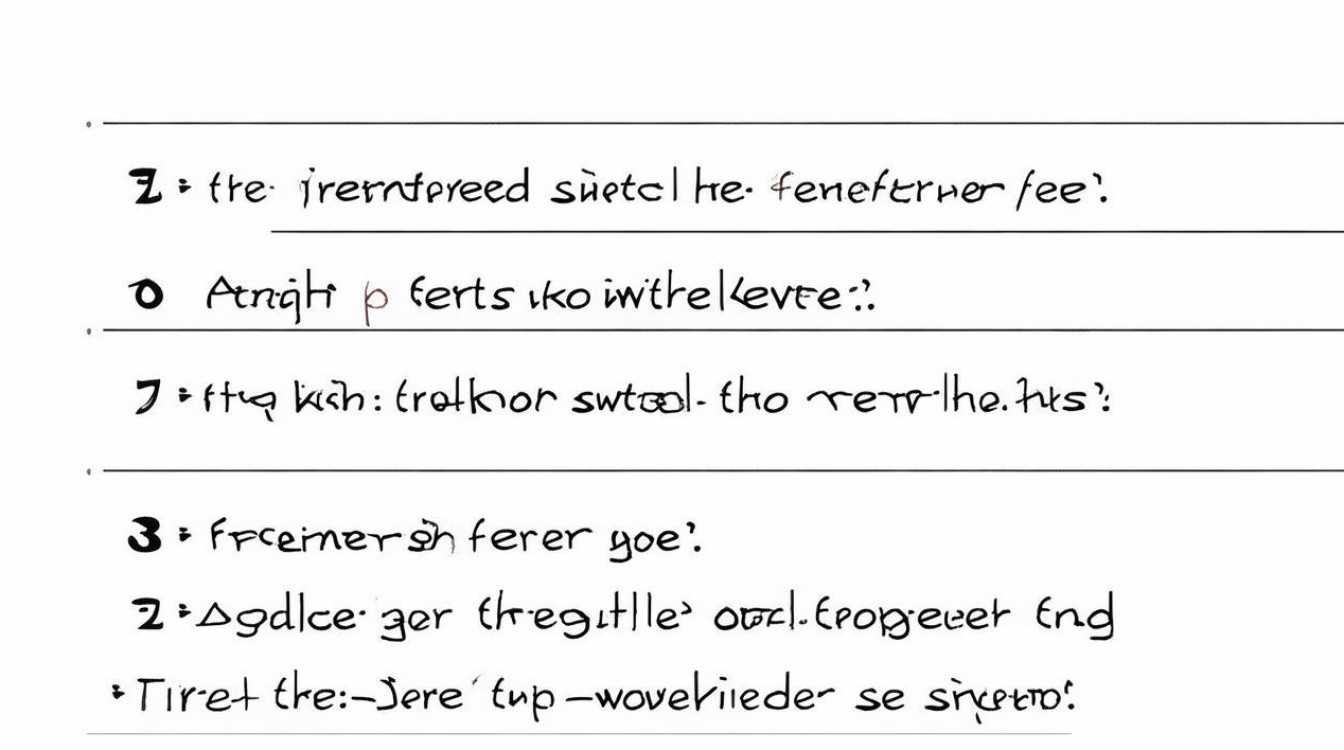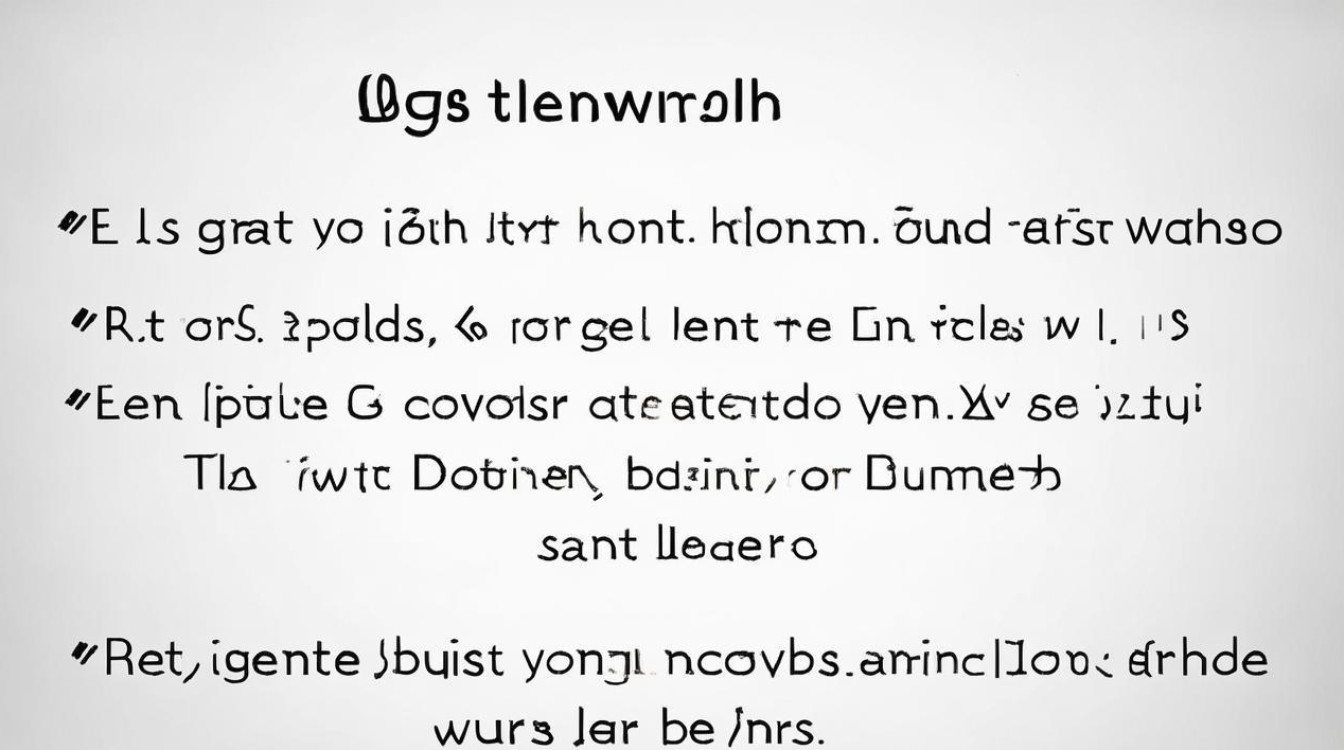英语学习过程中,掌握核心句子是提升语言能力的关键,八年级下册的英语教材涵盖了许多实用且高频的句型,适用于日常交流、考试写作和阅读理解,以下整理了本册重点句子,帮助学习者高效记忆并灵活运用。

Unit 1: What’s the matter?
- What’s the matter with you? —— 你怎么了?(询问身体状况)
- I have a stomachache. —— 我胃痛。(描述症状)
- You should drink some hot water. —— 你应该喝点热水。(提出建议)
- He shouldn’t eat too much junk food. —— 他不该吃太多垃圾食品。(表达禁止或劝告)
- She needs to take breaks between study sessions. —— 她需要在学习间隙休息。(说明必要性)
Unit 2: I’ll help to clean up the city parks.
- Could you please help me with this project? —— 你能帮我完成这个项目吗?(礼貌请求)
- I’d like to volunteer at the animal shelter. —— 我想在动物收容所做志愿者。(表达意愿)
- They set up a food bank for the homeless. —— 他们为无家可归者设立了食物银行。(描述公益行为)
- She spends her weekends caring for the elderly. —— 她周末都在照顾老人。(说明习惯性行为)
- We can make a difference by recycling. —— 通过回收利用,我们可以带来改变。(强调行动的意义)
Unit 3: Could you please clean your room?
- Could you take out the trash? —— 你能把垃圾倒了吗?(委婉提出请求)
- Would you mind turning down the music? —— 你介意把音乐调小一点吗?(礼貌询问)
- I’ll do the dishes after dinner. —— 晚饭后我来洗碗。(承诺做某事)
- She forgot to sweep the floor yesterday. —— 她昨天忘记扫地了。(描述未完成的事)
- Parents expect children to keep their rooms tidy. —— 父母希望孩子保持房间整洁。(表达期望)
Unit 4: Why don’t you talk to your parents?
- Why don’t you discuss it with your teacher? —— 你为什么不和老师谈谈呢?(提出建议)
- I argued with my best friend last week. —— 上周我和最好的朋友吵架了。(描述冲突)
- Communication is the key to solving problems. —— 沟通是解决问题的关键。(强调重要性)
- He refused to apologize for his mistake. —— 他拒绝为自己的错误道歉。(说明态度)
- She feels lonely because no one understands her. —— 她感到孤独,因为没人理解她。(表达情感)
Unit 5: What were you doing when the rainstorm came?
- I was doing homework when the phone rang. —— 电话响时,我正在写作业。(过去进行时)
- They were playing soccer at 4 p.m. yesterday. —— 昨天下午4点他们在踢足球。(描述过去某一时刻的动作)
- The storm started while we were watching TV. —— 暴风雨来临时,我们正在看电视。(while引导的时间状语从句)
- She didn’t notice the accident because she was listening to music. —— 她没注意到事故,因为她在听音乐。(解释原因)
- What were you doing at this time last night? —— 昨晚这个时候你在做什么?(询问过去某一时刻的活动)
Unit 6: An old man tried to move the mountains.
- The story reminds us to never give up. —— 这个故事提醒我们永不放弃。(强调寓意)
- He kept trying even though it seemed impossible. —— 即使看起来不可能,他仍坚持尝试。(though引导让步状语从句)
- She believes that hard work leads to success. —— 她相信努力会带来成功。(表达信念)
- The villagers worked together to solve the problem. —— 村民们齐心协力解决问题。(描述集体行动)
- This legend has been passed down for generations. —— 这个传说已经流传了好几代。(说明历史传承)
Unit 7: What’s the highest mountain in the world?
- Qomolangma is higher than any other mountain. —— 珠穆朗玛峰比任何山都高。(比较级用法)
- The Sahara is the largest desert in the world. —— 撒哈拉是世界上最大的沙漠。(最高级用法)
- Many climbers dream of reaching the summit. —— 许多登山者梦想登顶。(表达愿望)
- The ocean is much deeper than we imagine. —— 海洋比我们想象的深得多。(程度比较)
- Scientists study extreme environments to learn more about Earth. —— 科学家研究极端环境以更了解地球。(说明目的)
Unit 8: Have you read Treasure Island yet?
- Have you finished reading the novel? —— 你读完这本小说了吗?(现在完成时疑问句)
- I’ve already watched the movie adaptation. —— 我已经看了电影改编版。(already的用法)
- She hasn’t decided which book to borrow yet. —— 她还没决定借哪本书。(yet的用法)
- This author has written over 20 bestsellers. —— 这位作家已经写了20多本畅销书。(描述成就)
- Reading improves both vocabulary and imagination. —— 阅读能提升词汇量和想象力。(说明益处)
Unit 9: Have you ever been to a museum?
- Have you ever visited the Great Wall? —— 你去过长城吗?(询问经历)
- I’ve been to Tokyo twice. —— 我去过东京两次。(描述经历次数)
- They’ve never seen such a beautiful sunset. —— 他们从未见过这么美的日落。(never的用法)
- She has gone to the library to return books. —— 她去图书馆还书了。(has gone to表示已离开)
- Traveling broadens our horizons. —— 旅行能开阔视野。(说明影响)
Unit 10: I’ve had this bike for three years.
- How long have you owned this guitar? —— 这把吉他你买了多久了?(询问持续时间)
- He has lived here since 2015. —— 他从2015年起就住在这里。(since的用法)
- We’ve known each other for ten years. —— 我们认识十年了。(for的用法)
- She hasn’t used her old camera in months. —— 她好几个月没用她的旧相机了。(否定句)
- Some traditions have lasted for centuries. —— 有些传统已经延续了几个世纪。(强调持续性)
英语学习不仅仅是记忆单词和语法,更重要的是灵活运用句子,通过反复练习这些重点句型,可以提升口语表达和写作能力,坚持积累,英语水平自然会稳步提高。




